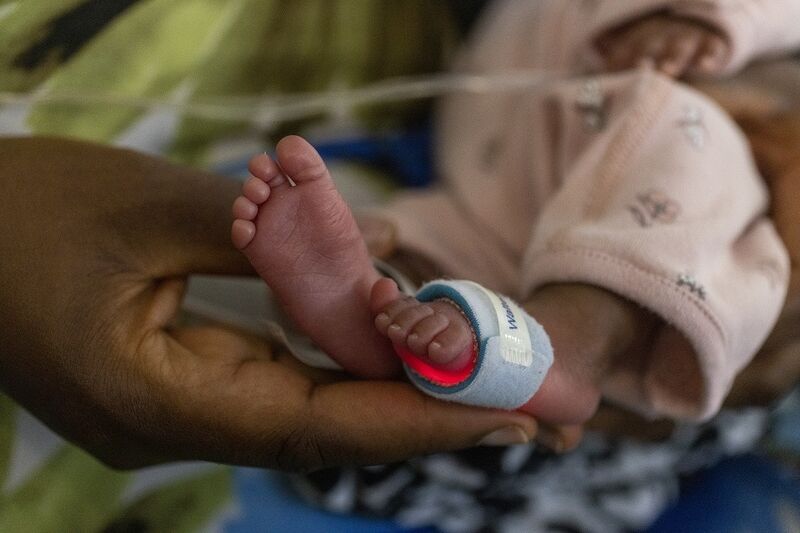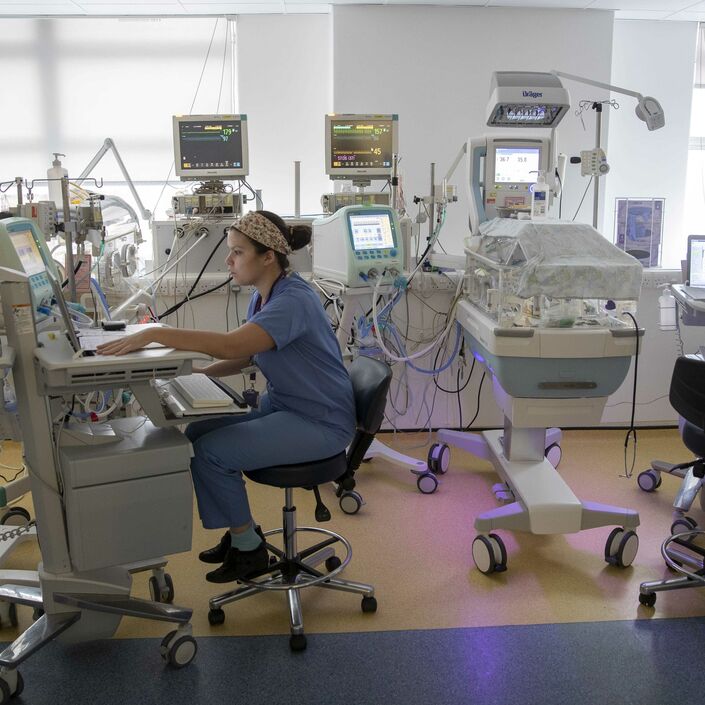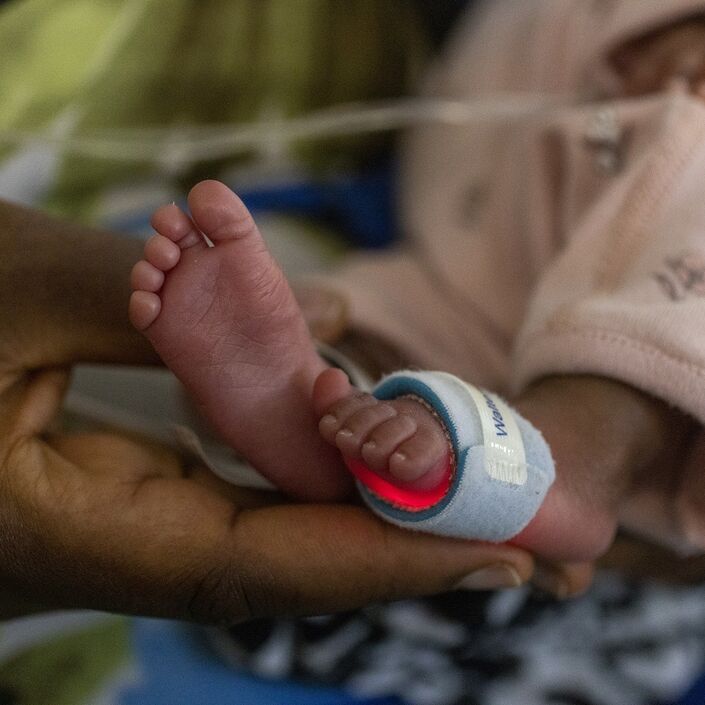Today (10 October 2024), the National Neonatal Audit Programme (NNAP) has published its data for babies discharged from neonatal care in 2023.
Overall, the report shows that there remains striking variation in both the provision of recommended care and the outcomes for babies born premature or sick.
This variation includes:
Mortality rates for babies born below 32 weeks’ gestation are more than twice as high in some areas than others, ranging between 3.3 per cent and 8.2 per cent
While the overall proportion of the most preterm babies – born below 27 weeks – being delivered in a hospital with a neonatal intensive care unit (NICU), which is proven to give them the best chance of survival, has stayed relatively constant (79.6 per cent in 2023 compared to 79 per cent in 2022) this masks significant variation between units which ranges from as low as 61.6 per cent of this group being born in the right place, to almost 90 per cent (89.9 per cent) in the best-performing units
Babies born below 32 weeks were five times more likely to develop a bloodstream infection in the worst-performing units (9.6 per cent) compared to the best-performing (1.9 per cent)
Babies born below 32 weeks are also more than twice as likely to experience pre-term brain injury (intraventricular haemorrhage – IVH) in some units, at 9.6 per cent, compared to the best performing units, at 4.1 per cent – with NNAP also highlighting that missing data remains a serious concern in measuring pre-term brain injury rates.
While there have been some improvements, including in nurse staffing and optimal cord management, even in these areas there is significant variation between hospitals. For example, although the proportion of shifts meeting neonatal nurse staffing standards has increased nationally from 71.1% in 2022 to 77.7% in 2023, more than one third of shifts were short-staffed in some areas. In other areas of optimal care, little progress has been made and persistent variation has continued, including in the number of eligible babies receiving their 2-year follow up check.
Caroline Lee-Davey, Chief Executive of Bliss, said: “It is incredibly concerning that the outcomes for babies born premature or sick should vary so starkly depending on where a baby is born.
“This report highlights an urgent need for there to be a focus on the delivery of consistent maternity and neonatal care across all units. The latest data shows clear opportunities to deliver significantly improved outcomes for babies if care across all areas of the country can be improved to that of the best-performing units.
“Bliss calls on the departments for health and NHS bodies across England and the devolved nations to prioritise national programmes to improve the care that women receive when they show signs of going into pre-term labour, and the care that babies receive when they are born early, with the support and resources that maternity and neonatal services need to deliver this”.


